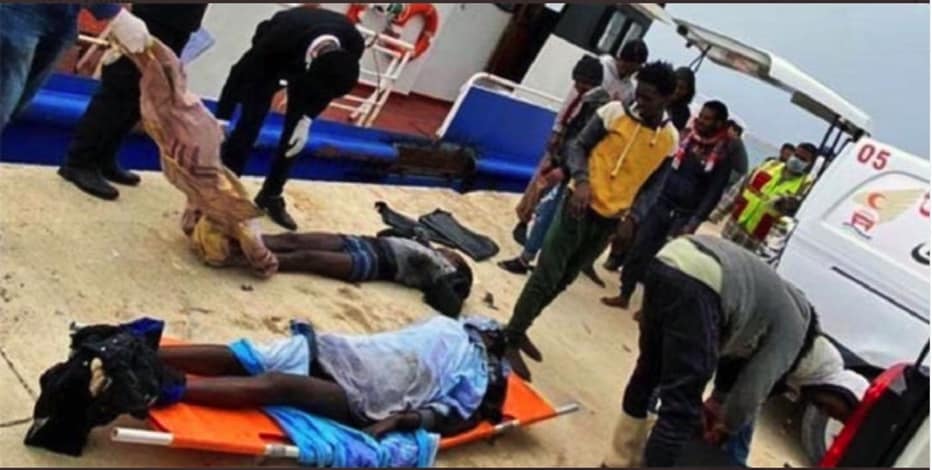Prime Minister Robert Abela has made much of the fact that his conscience is clear. A pathological inability to feel any responsibility for one’s own decision seems to be a requirement for the job he took over from his equally callous predecessor.
But Joseph Muscat admitted he struggled with his conscience for having attempted – and failed – to push back to Libya migrants saved in Malta’s search and rescue area. Joseph Muscat in 2017 was blocked by the European Court of Human Rights from pushing back migrants to Libya after a large group of Maltese lawyers asked the Strasbourg court to intervene.
This time the request for intervention was too late for the European Court to do anything about it.
A “government spokesman” broke down for Times of Malta yesterday what could be soothing the prime minister’s conscience. As the report points out “it is a crime under international law for states to return asylum seekers to a country where they are likely to face persecution.” If we had any doubts about that the Strasbourg Court’s intervention in 2017 made it abundantly clear.
But in that case Malta was using its own patrol boats to do the deed. This time the Maltese government hired Charles Grech to use his Malta-owned, Libyan-flagged boat to push back the migrants to torture and prolonged imprisonment in inhuman conditions. From yesterday’s Times of Malta report: “the manoeuvre was described by one government source as ‘a convenient way around the rules’.”
Is that what it takes then? If it’s a crime for you to do something, get someone else to do it for you and then you’re fine. This approach to ethics and morality would absolve the mastermind of a murder who hires hitmen to kill his wife. It’s obviously not an absolution at all.
And the impish pride the spokesperson takes in the cleverness of the decision to get someone else to ferry people back to the hell from which they had escaped betrays the racist prejudice and the far-right disgust with human rights law.
What we’re dealing with is a situation of a merchant vessel that has been commissioned to rescue persons in distress at sea and pushing them to a place of disembarkation that is not considered safe. Call it a privatised pushback.
This issue was dealt with in an essay by Patricia Mallia (now Patricia Vella de Fremaux, head of department of international law at the university), and Jean Pierre Gauci in the Journal of International Maritime Law. They were writing about the case of the MV Salamis. (Read about that here.)
In their paper, the authors explain that “states cannot circumvent their international obligations by directing private actors to do what they are barred from doing under international law. In this context, a state cannot instruct a private vessel to disembark migrants at a port where its official vessels are precluded from disembarking.” (See: Journal of International Maritime Law, May 2014.)
In other words what the government has done during the Easter weekend disaster is illegal. Just because they tried to disguise the crime with a boat that had its flag removed and its name painted over, doesn’t mean they didn’t do it.
And it’s a serious crime. Primarily it’s serious because of direct consequence. This is another image from the arrival of the boat in Tripoli a few days ago. Perhaps Robert Abela can see if this pricks his conscience at all.
But then there’s the wider implication: that when a state treats human beings like lambs pushed to the slaughter, ferrying them to a place they’ve just escaped from because of slavery, torture and depravation, the offence is not only addressed to the direct victims.
The fact that we now learn from the survivors that many of the passengers of the dinghy where Eritreans and South Sudanese there isn’t even the (in principle irrelevant) excuse that they’re economic migrants. They’re running away from some of the hairiest, most dangerous countries in the world.
A crime like this is, as another international lawyer pointed out recently, a crime against humanity.
